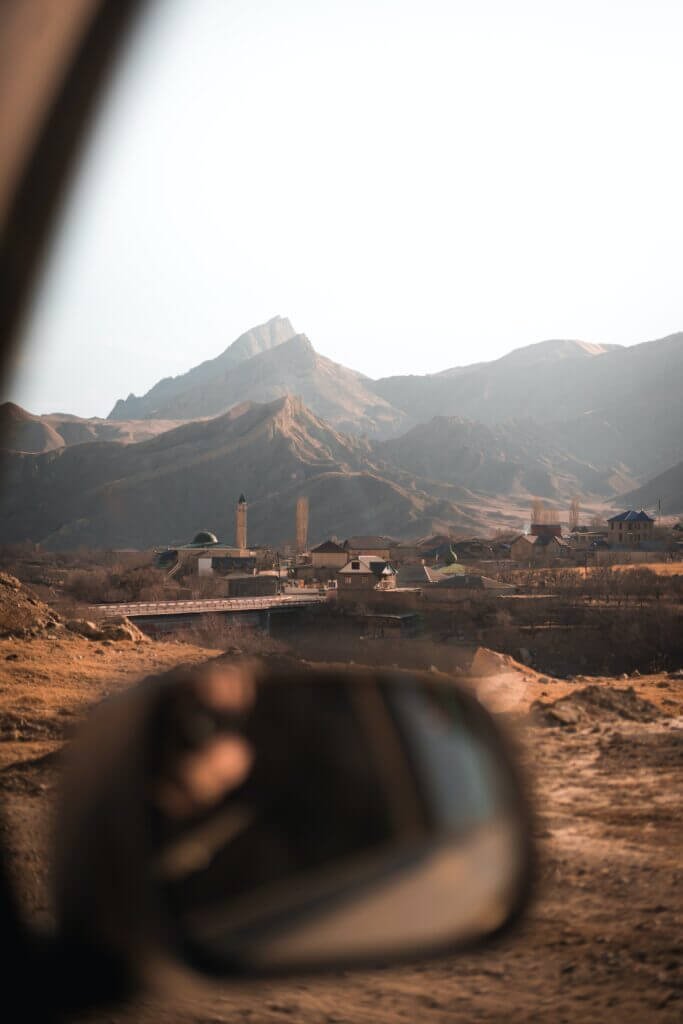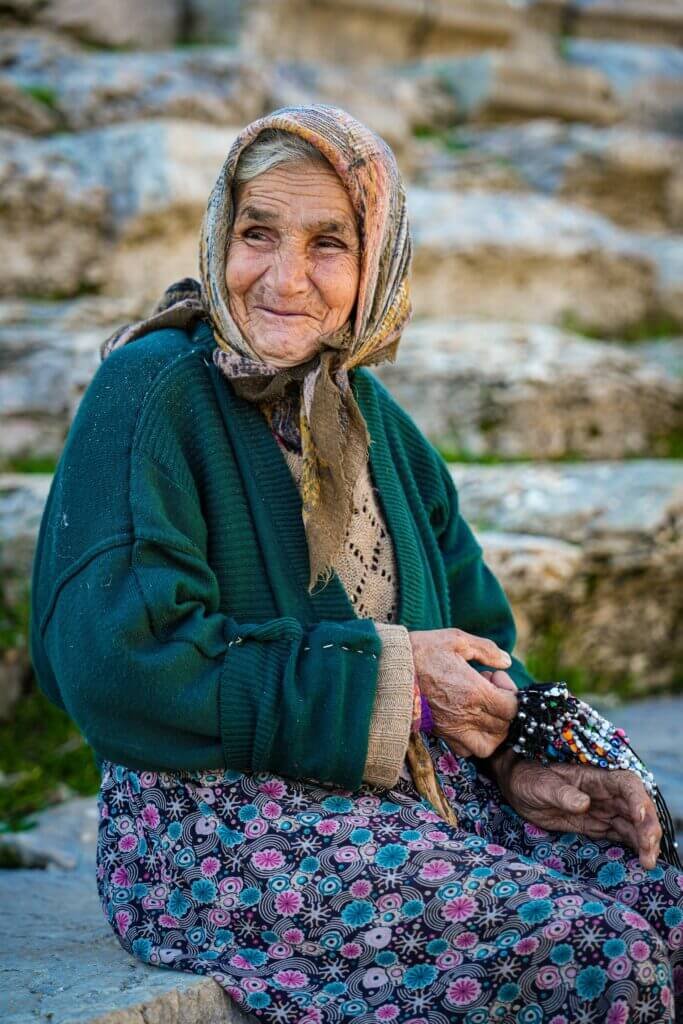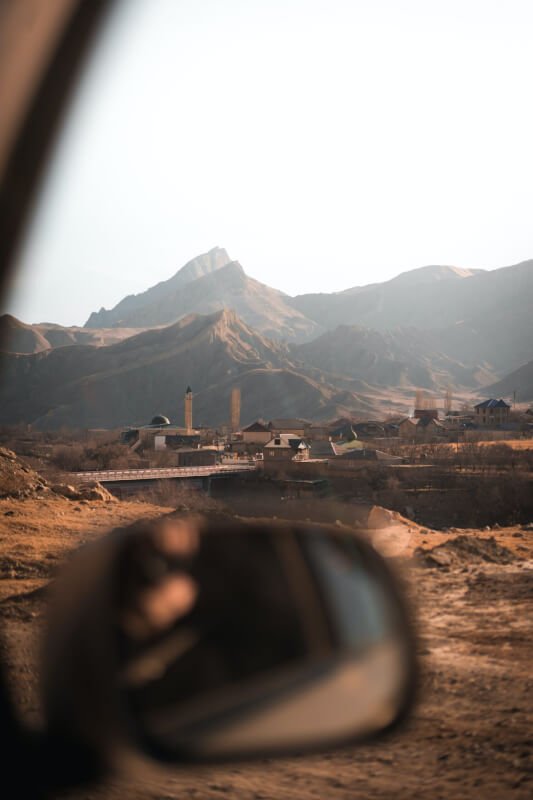Are you longing for an adventure in the great outdoors with your family or friends? Planning a camping trip can seem overwhelming at first, but with the right approach, it can be a fun and rewarding experience. From choosing the perfect location to packing all the essentials, this article will provide you with practical tips and guidance to help you plan a memorable camping trip that everyone will enjoy. So grab a pen and paper, and let’s get started on your exciting camping adventure!

Choosing the Destination
Choosing the right destination is the first step in planning a successful camping trip with your family or friends. Consider the preferences and interests of everyone in your group to ensure that everyone has an enjoyable experience. Some may prefer hiking and nature exploration, while others may enjoy fishing or simply relaxing by the campfire. Research for suitable camping spots that offer the activities and amenities that cater to your group’s interests. Look for campgrounds that have access to hiking trails, fishing lakes, or scenic views. Additionally, take into account the distance and travel time to the destination, especially if you have limited vacation days. Once you have narrowed down your options, check the availability of campsites and make reservations well in advance to secure your spot.
Determining the Camping Duration
The duration of your camping trip will depend on various factors such as work or school schedules and the availability of vacation days. Consider these factors when deciding on the length of your camping trip. If you have limited time, you may opt for a weekend camping trip. However, if you have more flexibility, you can plan for a longer trip to fully immerse yourselves in nature. Remember to allocate travel time to and from the destination when determining the camping duration as this can impact the overall schedule and logistics of the trip.

Preparing Camping Gear and Supplies
Before heading out on your camping adventure, it’s essential to make a checklist of all the essential camping gear you’ll need. This includes items such as tents, sleeping bags, cooking equipment, and lighting. Make sure everyone in your group has appropriate clothing for the camping trip, including layers and weatherproof attire. Packing enough food and water is crucial to ensure everyone stays nourished and hydrated throughout the trip. Consider the duration of your camping trip and plan meals accordingly. Don’t forget to bring camping equipment and tools such as a camping stove, a lantern, and utensils. Additionally, think about entertainment and leisure items such as board games, books, or sports equipment. Lastly, it’s important to prepare a first aid kit and have emergency supplies in case of any unforeseen situations.
Organizing Transportation
Choosing a suitable mode of transportation is another crucial aspect of planning your camping trip. Depending on the number of people in your group and the amount of gear you’ll be bringing, you may need to decide between carpooling in a few vehicles or possibly renting a larger vehicle, like an RV. Consider the distance to your destination and plan the route accordingly, making note of any necessary stops along the way for fuel or food. Carpooling not only saves on fuel costs but also allows for a more enjoyable and cohesive travel experience. Having a well-organized transportation plan ensures that everyone arrives at the camping site together, ready to embark on the adventure ahead.

Assigning Responsibilities
To ensure a smooth camping trip, it’s important to delegate responsibilities to different individuals in your group. Appoint a trip leader or coordinator who can oversee the planning and logistics of the trip. This person can be responsible for communicating with the campground, making reservations, and ensuring everyone is aware of the itinerary. Divide responsibilities for meals and cooking among group members, ensuring that everyone has a chance to contribute. Assign duties related to setting up camp, such as pitching tents, gathering firewood, and organizing the communal area. It’s vital to ensure that everyone understands their roles and is willing to actively participate in making the camping trip a success.
Setting Up Camp
Upon arriving at the campsite, it’s time to set up camp and create a comfortable living space for the duration of your trip. Start by securing a suitable spot within the campground, taking into consideration factors such as distance to amenities, privacy, and level ground. Then, pitch tents and arrange sleeping quarters, making sure everyone has a cozy and dry place to rest. Creating a communal area where everyone can come together for leisure activities is also important. This area can include chairs, a picnic table, and a campfire ring for cozy evenings spent sharing stories and roasting marshmallows. Setting up cooking stations and food storage areas is essential for meal preparation and ensuring that food is kept safe from wildlife. Finally, establish a designated toilet and waste disposal area, following campground rules and regulations.
Planning Meals and Cooking
One of the highlights of any camping trip is enjoying delicious meals together. To plan your meals, decide on the options and menu that will suit everyone’s preferences and dietary restrictions. Consider the cooking equipment and utensils you’ll need and make a grocery list based on the planned meals. Coordinate a schedule for meal preparation, ensuring that everyone has a chance to participate and share their culinary skills. Proper food storage and waste disposal are also vital to maintain food safety and minimize environmental impact. Keep perishable items in coolers with ice or invest in a camping fridge if necessary. Dispose of waste properly, following the campground’s guidelines, and be mindful of the environment by avoiding single-use plastics and minimizing food waste.
Creating a Daily Itinerary
While camping offers an opportunity to relax and disconnect from the busyness of everyday life, having a daily itinerary can help ensure that everyone gets the most out of the experience. Discuss and outline daily activities, taking into account the interests of everyone in your group. Plan time for hiking, fishing, or exploring nearby attractions or landmarks. It’s also important to carve out moments for relaxation and leisure, where you can simply soak in the beauty of nature or engage in activities such as reading or birdwatching. Allow flexibility in your itinerary for spontaneous adventures or changes in weather conditions. Remember, the goal is to create a balance between planned activities and the freedom to savor the tranquil environment of the great outdoors.
Safety and Emergency Preparedness
Prioritizing safety and being prepared for emergencies is essential for any camping trip. Familiarize yourself and your group with the campground’s rules and regulations, ensuring that you abide by them during your stay. Educate everyone on basic camping safety procedures, such as how to extinguish a fire properly and how to handle encounters with wildlife. Weather changes can occur unexpectedly, so it’s important to be prepared with appropriate clothing and equipment. Have emergency contacts readily available and carry maps to navigate the surrounding area. Ensure that fire safety practices are followed at all times, keeping the campfire ring clear and never leaving fires unattended. Finally, carry a fully stocked first aid kit and know basic first aid procedures to address any minor injuries that may occur.
Enjoying the Camping Experience
Finally, the most important aspect of planning a camping trip is to enjoy the experience with your family or friends. Engage in outdoor activities together, such as hiking to scenic viewpoints or exploring nature trails. Take the time to relax and disconnect from technology, allowing yourself to immerse in the peaceful surroundings. Capture memories through photography or journaling, documenting the beauty of nature and the special moments shared with loved ones. Create opportunities for bonding and socializing by playing games, sharing stories around the campfire, or stargazing together. Above all, appreciate the beauty of nature and the outdoors, fostering a sense of gratitude for the incredible world we live in. So start planning your camping trip today and get ready to create memories that will last a lifetime.


